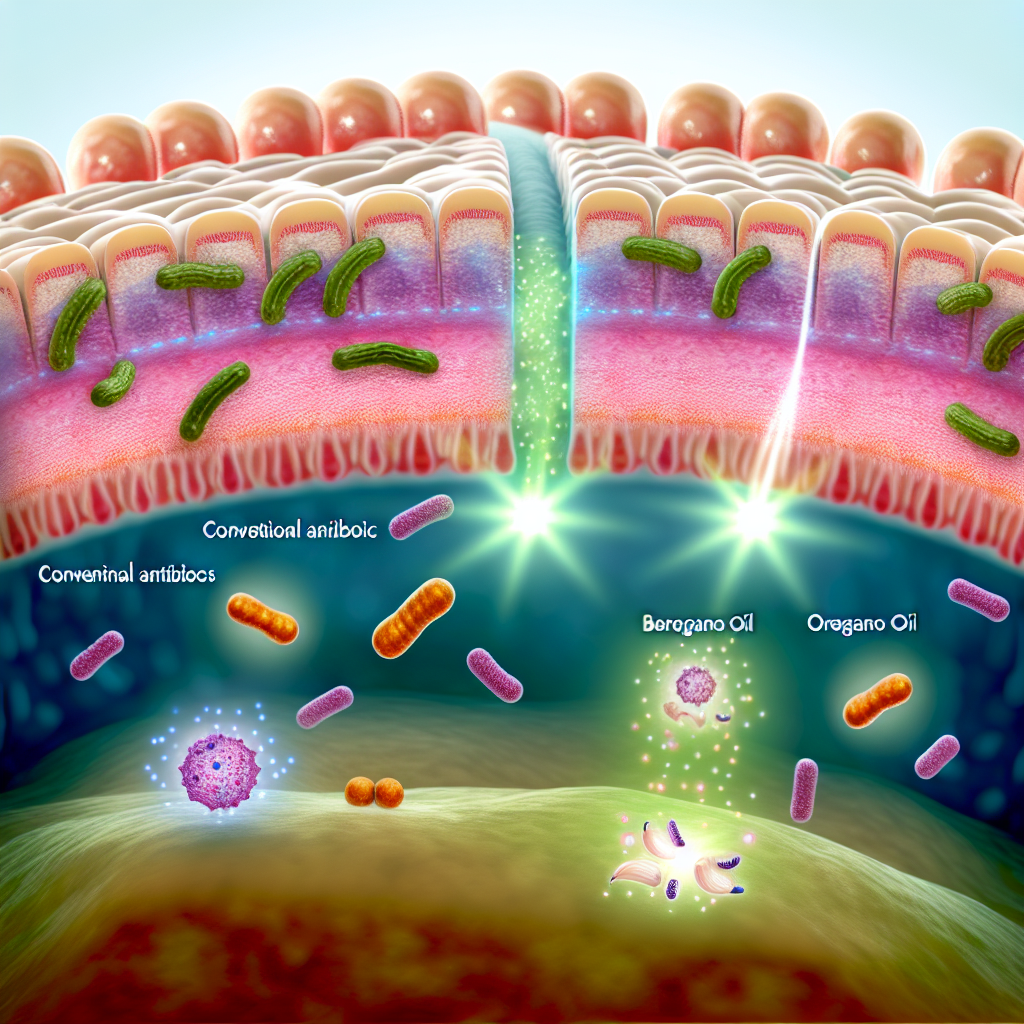Consuming processed meats like bacon, sausage, ham, salami, and hot dogs might adversely affect digestive health. The reason is as follows:
Elevated salt levels: Processed meats frequently contain excessive amounts of sodium, which can result in bloating, constipation, and diarrhea.
Processed meats are a favored meal option for many individuals because they are rich in nitrates and nitrites, contributing to their extended shelf life and convenience. Nevertheless, they frequently include elevated concentrations of nitrates and nitrites, which serve as preservatives to inhibit the proliferation of detrimental microorganisms. Although these substances contribute to the preservation of processed meats, they can also have harmful effects on the gastrointestinal system’s health.
This is due to their ability to produce DNA damage in cells and interfere with the regular functioning of the stomach.
When ingested, nitrates and nitrites have the potential to undergo a chemical reaction with specific amino acids in the body, resulting in the formation of nitrosamines. Nitrosamines are recognized as carcinogenic and have been associated with an elevated susceptibility to cancer, namely in the gastrointestinal tract. This is due to their ability to produce DNA damage in cells and interfere with the regular functioning of the stomach.
Excessive consumption of processed meats containing nitrates and nitrites can also result in other health issues, such as hypertension and cardiovascular disease. These substances can induce vasoconstriction, decreasing blood circulation and heightened susceptibility to cardiovascular problems.
It is advisable to restrict intake and opt for healthier, unprocessed alternatives, such as fresh fruits, vegetables, and lean protein sources.
To reduce the hazards of consuming processed meat, it is advisable to restrict intake and opt for healthier, unprocessed alternatives, such as fresh fruits, vegetables, and lean protein sources. In addition, examining food labels and selecting items devoid of nitrates and nitrites further mitigate the hazards linked to processed meat intake.
Lack of dietary fiber: Processed meats generally lack dietary fiber, crucial for maintaining a healthy digestive system. Fiber facilitates regular bowel movements and contributes to the formation of larger stools, hence mitigating the occurrence of constipation.
Furthermore, processed meats have the potential to irritate the lining of the gastrointestinal tract, resulting in inflammation and discomfort.
To prioritize your digestive well-being, it is advisable to restrict your consumption of processed meats. Instead, go for foods that are abundant in nutrients and high in fiber, which promote the health of the digestive system. Examples include fruits, vegetables, whole grains, and legumes.
These modifications can enhance your digestive well-being and achieve greater ease and regularity.
Below are a few precise recommendations for enhancing your digestive well-being:
Consume sufficient dietary fiber: Strive to obtain a minimum of 25 grams daily. These nutrients can be obtained from fruits, vegetables, whole grains, and legumes.
Maintain proper hydration: Consume ample water throughout the day to soften your stool and facilitate its easy passage.
Engage in regular physical activity: Regular exercise promotes the proper functioning of your digestive tract and can alleviate constipation.
Effectively handle stress: Stress can adversely affect digestive well-being. Discover effective methods to cope with stress, such as engaging in yoga, practicing meditation, or immersing oneself in natural surroundings.
These modifications can enhance your digestive well-being and achieve greater ease and regularity.

Dominic E. is a passionate filmmaker navigating the exciting intersection of art and science. By day, he delves into the complexities of the human body as a full-time medical writer, meticulously translating intricate medical concepts into accessible and engaging narratives. By night, he explores the boundless realm of cinematic storytelling, crafting narratives that evoke emotion and challenge perspectives.
Film Student and Full-time Medical Writer for ContentVendor.com




